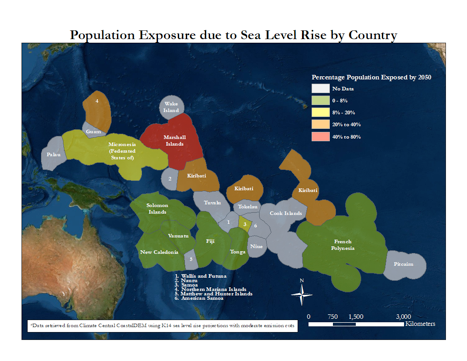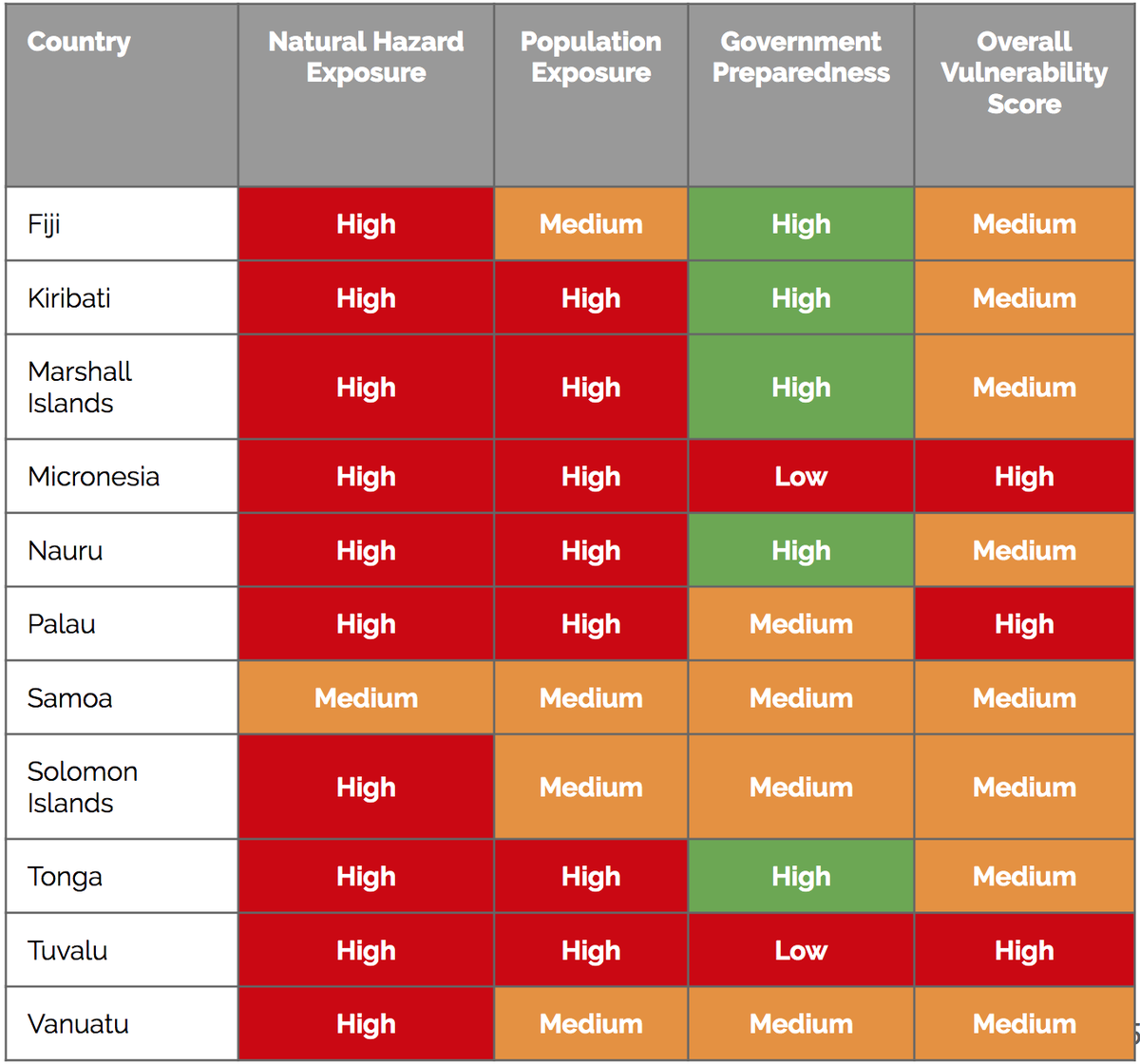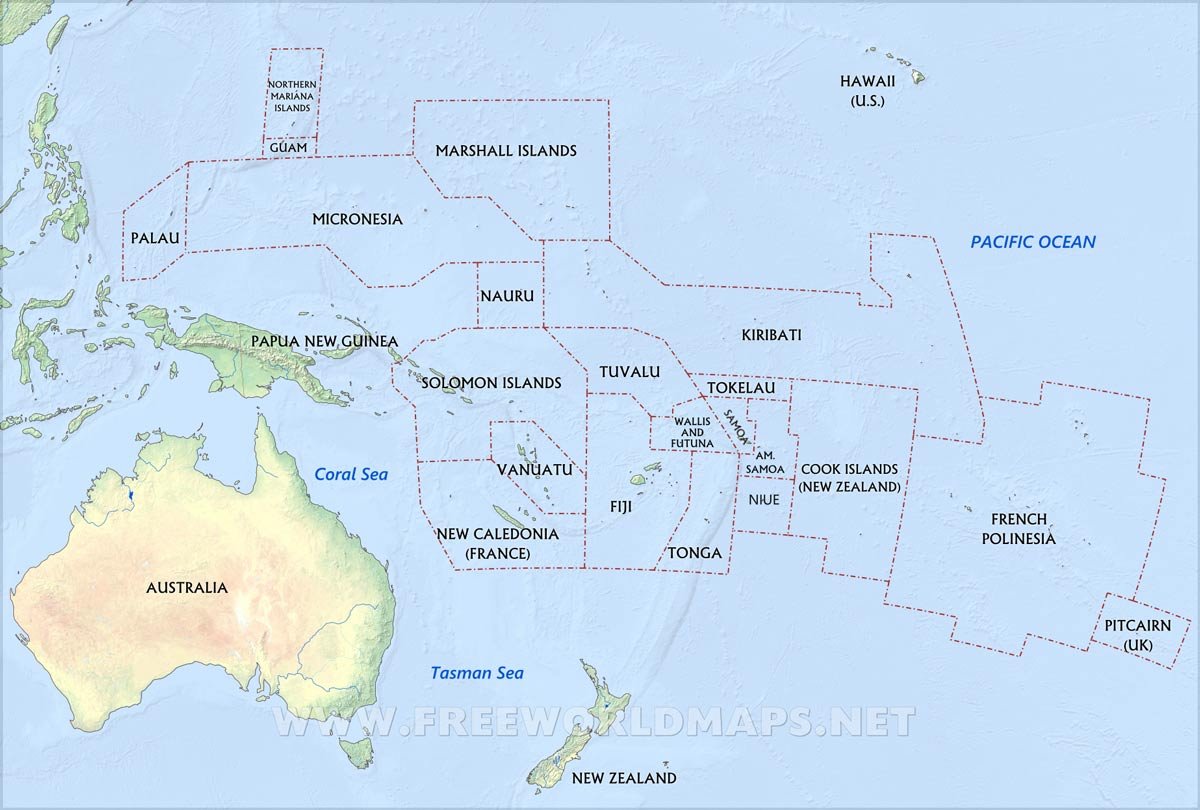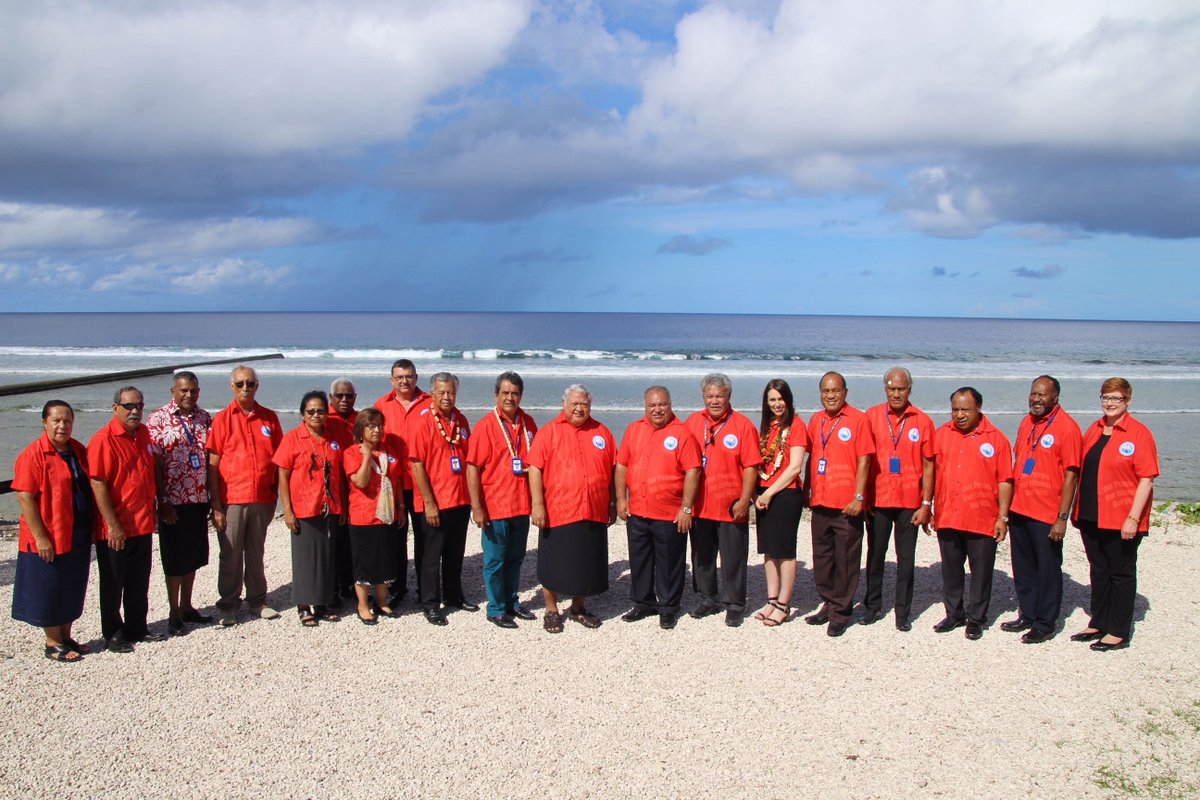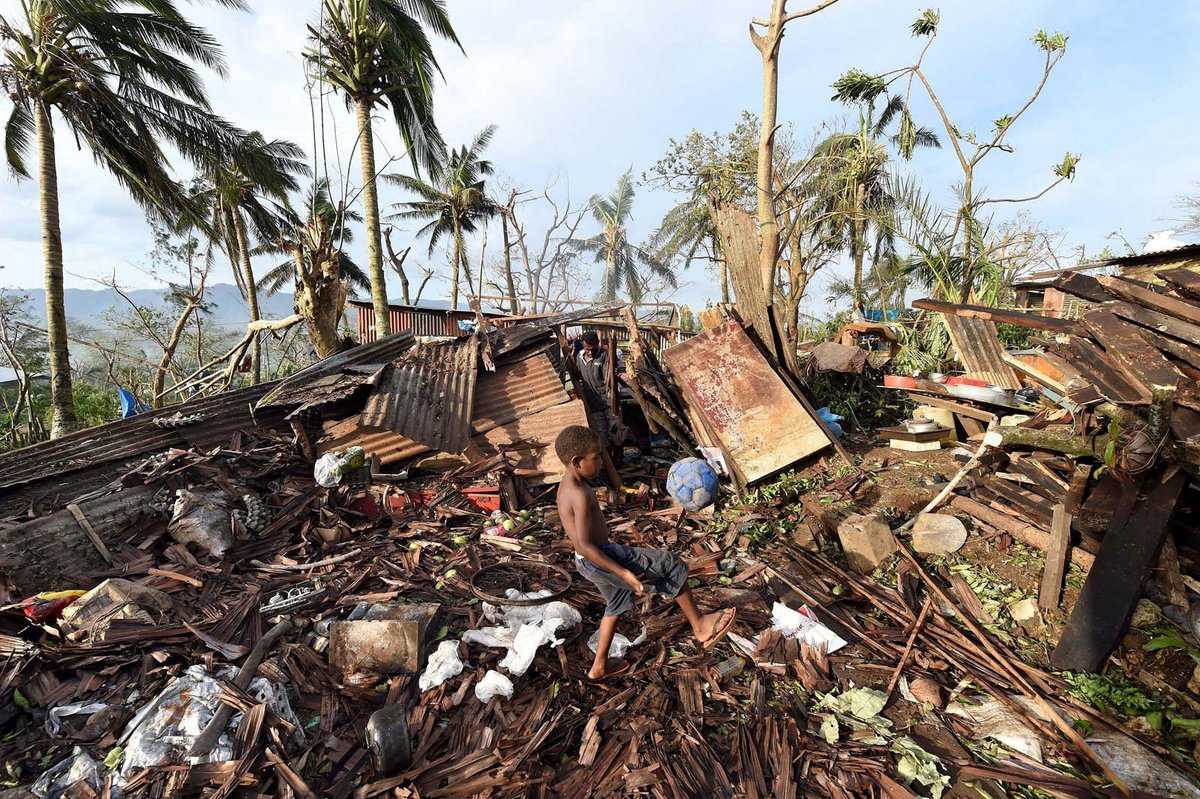Pleased to post the executive summary, 4 final reports, and final presentation by our @TheLBJSchool students on Climate Security in Oceania for @cfedmha 1/ http://sites.utexas.edu/climatesecurity/final-reports-and-presentation/">https://sites.utexas.edu/climatese...
We identified 3 areas where the Center, INDOPACOM, & USG could address climate vulnerability among Pacific Island states & secure US interests including information collection; development assistance, training, & planning; and, diplomatic engagement. 2/ http://sites.utexas.edu/climatesecurity/files/2020/05/LBJ_Oceania_ExecutiveSummary.pdf">https://sites.utexas.edu/climatese...
In our first reporting on mapping vulnerability, we sought to identify polities in the region at most risk of sea-level rise, including population and infrastructure risks. 3/ http://sites.utexas.edu/climatesecurity/files/2020/05/LBJ_Oceania_Mapping.pdf">https://sites.utexas.edu/climatese...
In our second report on disaster risk reduction, we code relative climate vulnerability in the region including 3 dimensions (exposure, population at risk, and government preparedness). 4/ http://sites.utexas.edu/climatesecurity/files/2020/05/LBJ_Oceania_DRR.pdf">https://sites.utexas.edu/climatese...
In our third report on forced migration, we review sentiments in the region about migration which has always been part of this sea-faring region& #39;s DNA. We discuss likely sending and destination countries and the legal terrain for movement. 5/ http://sites.utexas.edu/climatesecurity/files/2020/05/LBJ_Oceania_Migration.pdf">https://sites.utexas.edu/climatese...
In our 4th report, we review different interests of regional & external actors, w emphasis on the US & China. We identify some ideas for early warning, economic/diplomatic engagement, shoring up US defense interests, & restoring climate leadership. 6/ http://sites.utexas.edu/climatesecurity/files/2020/05/LBJ_Oceania_Strategy.pdf">https://sites.utexas.edu/climatese...
Oceania includes independent countries & polities that retain connections to other states such as France & the United States. Their island status makes them among most vulnerable to climate change because of sea-level rise, salt water intrusion, & storms. 7/
The region& #39;s first preference is to retain their sovereign integrity and livelihoods in situ, though they long have had a diaspora that moves for work to provide support back home. 8/
Climate change poses an existential challenge to the region, though the speed with which it may necessitate wider permanent movements remains uncertain. 9/
Granular information collection in this small island region is daunting, given that Ocean& #39;s combined area including exclusive economic zones is about the size of the continental US. That makes assessing the climate challenge all the more daunting. 10/
The US has strategic assets in the region in Guam, Marshall Islands, Palau. It also has Compacts of Free Association with Marshall Islands, Palau, and Micronesia which allows for support from and migration to US in exchange for security arrangements. 11/ http://sites.utexas.edu/climatesecurity/2019/11/15/us-defense-assets-in-the-western-pacific/">https://sites.utexas.edu/climatese...
Australia/NZ are more proximate, and France has territories (including French Polynesia, of which Tahiti is a part). The trio make up the FRANZ partners that do heavy lifting in the event of extreme weather events like recent Cyclone Harold. 12/ https://reliefweb.int/report/vanuatu/immediate-response-tropical-cyclone-harold">https://reliefweb.int/report/va...
China& #39;s Oceania presence has increased w increased lending & investment, which on some level is welcome but raises q& #39;s about regional indebtedness, strategic competition, & whether investments are climate-proofed. @LowyInstitute done terrific work. 13/ https://www.lowyinstitute.org/publications/pacific-islands-avoid-china-debt-trap-diplomacy-now">https://www.lowyinstitute.org/publicati...
The region doesn& #39;t have much recent history of violent conflict (though some exceptions such as the Solomon Islands). The climate security challenges are more existential about the ability to continue living in the region, more human security than hard security. 14/
Because climate change is so central to countries in Oceania (see the Boe Declaration), the Trump Administration& #39;s ostrich strategy on the topic is counter-productive. 15/ https://www.forumsec.org/boe-declaration-on-regional-security/">https://www.forumsec.org/boe-decla...
Given the small economies, cyclones can cause extensive damage as a share of GDP. Some recent examples below. Climate change may make those storms more intense. 16/ https://climaterealityproject.org/blog/trouble-paradise-how-does-climate-change-affect-pacific-island-nations">https://climaterealityproject.org/blog/trou...
The countries in the region, resilient as they are, are still dependent upon neighbors in the event of climate-related emergencies. Climate problems are not of their making, but they aren& #39;t in a position to handle the effects on their own. 17/
We identified information gaps in being able to accurately estimate populations living in low-elevation coastal zones & risks of sea-level rise. The accuracy & availability of population estimates, digital elevation models, & seafloor bathymetry leave a lot to be desired. 18/

 Read on Twitter
Read on Twitter
